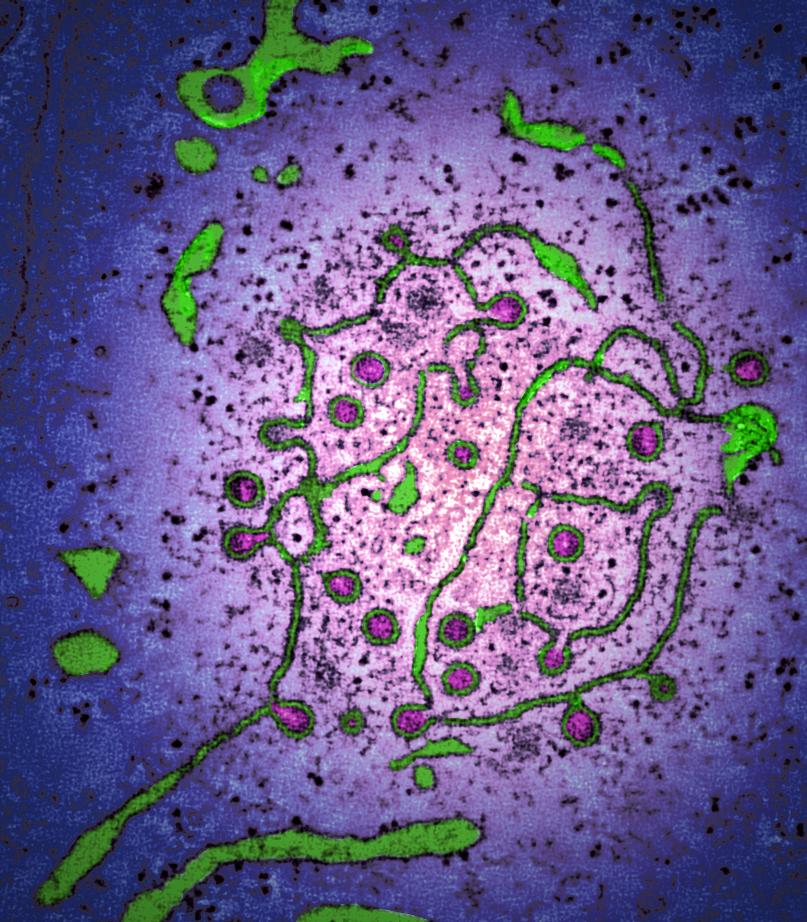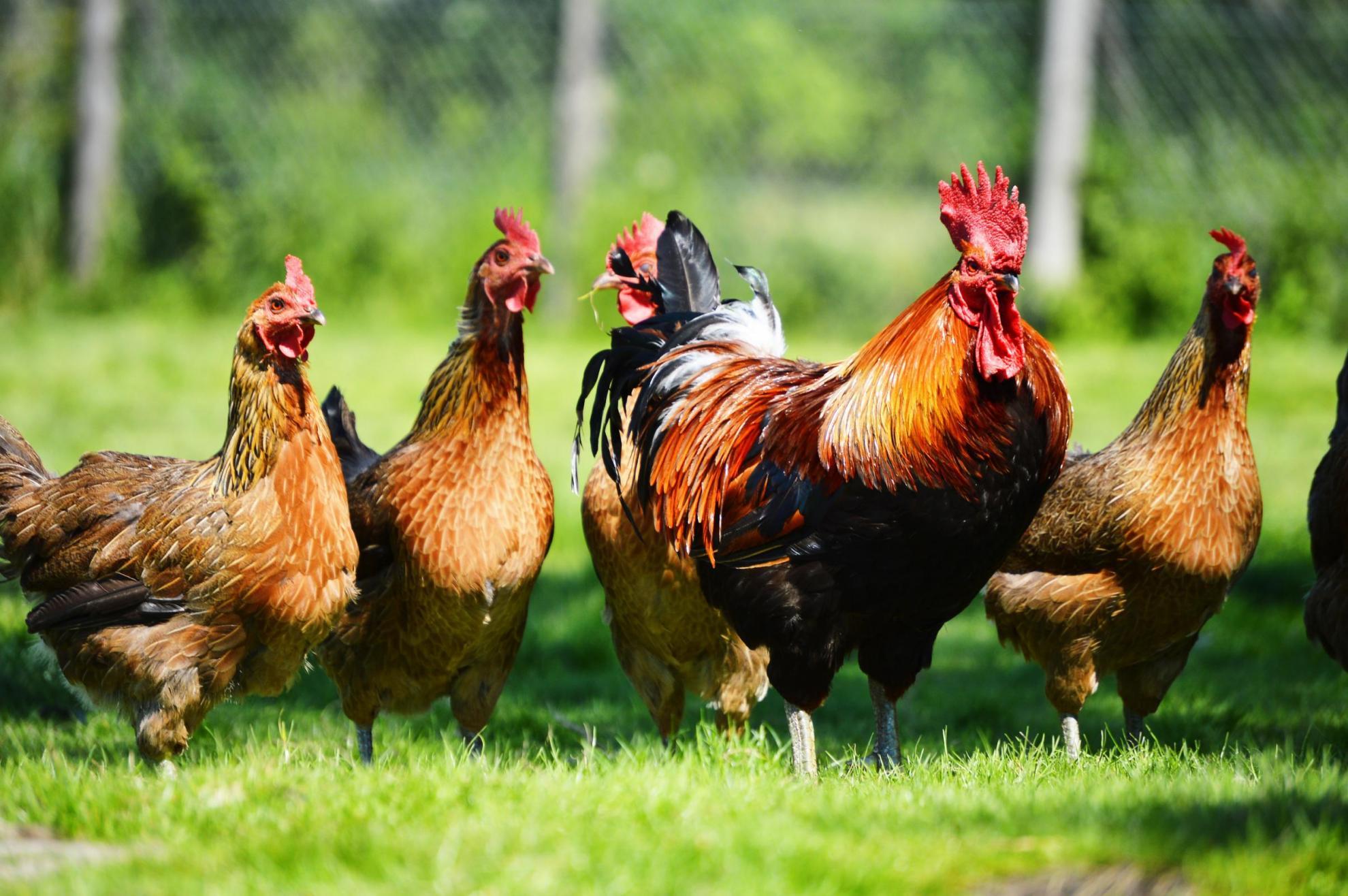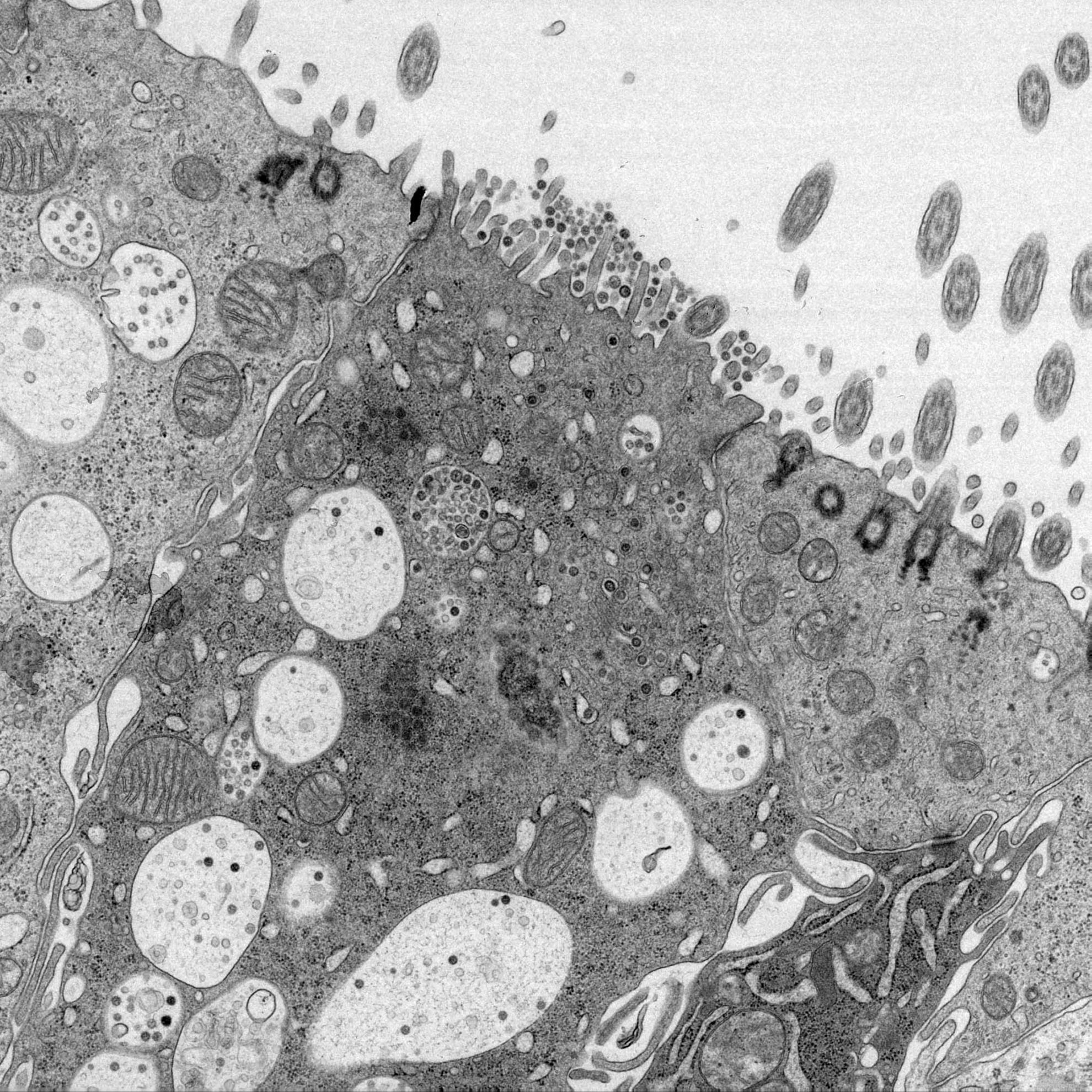The S2 subunit of infectious bronchitis virus Beaudette is a determinant of cellular tropism
The spike glycoprotein (S) of the avian gammacoronavirus, infectious bronchitis virus (IBV), is comprised of two subunits, S1 and S2, and has a role in virulence in vivo as well as being responsible for cellular tropism in vitro We have previously demonstrated that replacement of the S glycoprotein ectodomain from the avirulent Beaudette strain of IBV with the corresponding region from the virulent M41-CK strain resulted in a recombinant virus, BeauR-M41(S), with the in vitro cell tropism of M41-CK. The IBV Beaudette strain is able to replicate in both primary chick kidney cells and Vero cells, whereas the IBV M41-CK strain replicates in primary cells only. In order to investigate the region of the IBV S responsible for growth in Vero cells we have generated a series of recombinant IBVs expressing chimaeric S glycoproteins, consisting of regions from the Beaudette and M41-CK S gene sequences, within the genomic background of Beaudette. The S2, but not the S1, subunit of the Beaudette S was found to confer the ability to grow in Vero cells. Various combinations of Beaudette-specific amino acids were introduced into the S2 subunit of M41 to determine the minimum requirement to confer tropism for growth in Vero cells. The ability for IBV to grow and produce infectious progeny virus in Vero cells was subsequently narrowed down to just three amino acids surrounding the S2' cleavage site. Conversely, swapping the three Beaudette-associated amino acids with corresponding ones from M41 was sufficient to abolish Beaudette growth in Vero cells. IMPORTANCE Infectious Bronchitis remains a major problem in the global poultry industry, despite the existence of many different vaccines. IBV vaccines, both live attenuated and inactivated, are currently grown on embryonated hen's eggs, a cumbersome and expensive process due to the fact that most IBV strains do not grow in cultured cells. The reverse genetics system for IBV creates the opportunity for generating rationally designed and more effective vaccines. The observation that IBV Beaudette has the additional tropism for growth on Vero cells also invokes the possibility of generating IBV vaccines produced from cultured cells rather than the use of embryonated eggs. The regions of the IBV Beaudette S glycoprotein involved in the determination of extended cellular tropism have been identified in this study, which will enable the rational design of a future generation of IBV vaccines that may be grown on Vero cells.


